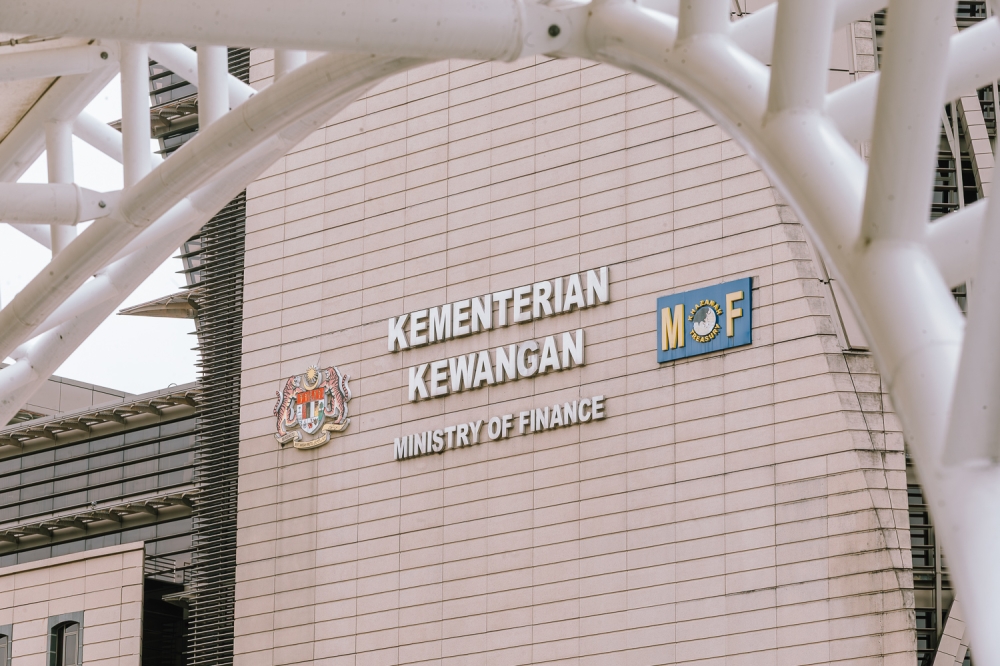MAY 31 ― Malaysia’s 2013 general election (GE2013) and the 1MDB saga raises fundamental questions on the nature of “we, the rakyat” and accountability of its leaders within Malaysia’s political, economic and social system.
At the heart of the matter is how does the system respect the “will of the majority while treating everyone equally” and holding leaders accountable to the will of the majority.
Let us look at this system briefly. [i]
In the letter of the law, at the pinnacle of this “Malaysian system” is the Federal Constitution. It is touted as the “supreme law of the land.” This document regulates the behaviour of all ― state and society, the majority and the minority, and the powerful and the powerless ― equally. [ii]
The Conference of Rulers is next in the hierarchy of this present Malaysian system. Harding (2012) [iii] explains how the important roles that the Conference of Rulers have came about and what they are:
In 1897, meetings of the Rulers or Durbars were instituted. This led to the creation of the Conference of Rulers under the Federation of Malaya Agreement 1948 and its retention in the Merdeka Constitution as an expression of the Rulers' resistance to any erosion of their sovereignty, where they saw some strength in numbers and constitutional entrenchment. A distinction needs to be drawn between two kinds of function performed by the Conference.
First, it discusses questions of national policy. Here the Rulers meet with the Yang di-Pertua Negeri of the four states without a Ruler, as well as the Yang di-Pertuan Agong, the Prime Minister and the Menteri Besar or Chief Minister of each state. The Head of State act on advice in this capacity. The Constitution requires that the Conference be consulted before any change in policy affecting administrative action under Article 153 (special privileges…). In practice the Conference is primarily a useful means of discussing Federal-State relations outside the glare of publicity, and without confrontation, as it has no actual powers in this regard.
Second, it performs functions of a constitutional nature, in relation principally to the monarchy itself and religion; but here the Conference consists only of the nine Rulers and each Ruler act in his discretion. These functions include the election of a Yang di-Pertuan Agong; giving consent to any law altering State boundaries or affecting the privileges of the Rulers; and giving advice on any appointment which requires the Conference’s consent or where the Conference is required to be consulted. This latter function includes, most importantly, the appointments of the Chief Justice of the Federal Court, the President of the Court of Appeal, the Chief Judges of the High Court in Malaya and the High Court of Sabah and Sarawak, the Judges of the High Court, the Auditor-General, and the Chairmen and members of the Public Service Commission and the Election Commission. In relation to religion, the Conference can extend religious observances to the whole Federation, and can also give rulings on some religious issues...
In theory, one could argue that the Federal Constitution subscribes to the idea of the “separation of powers” reflected through the separation between the Executive (Cabinet), the Legislative (Dewan Rakyat/Parliament) and the Judiciary.
The rakyat elects members of parliament (MPs) ― who either stand through political parties or independently ― at general elections to represent their interests.
These MPs propose and debate legislation and other important matters concerning the rakyat in Parliament. The Judiciary decides if these legislations contradict the Federal Constitution. If not contradictory, the Executive implements these legislations with the support of the public/civil administration. The Executive also implements policies that it believes will benefit the rakyat. The Executive and the civil administration are accountable for their decisions and actions to the rakyat by being answerable to Parliament.
Malaysians are well versed with what happened at GE2013. The majority of Malaysians recorded their displeasure with the government of the day. In rejecting the government, the rakyat also rejected their policies. However, due to the present system, the government that the majority of Malaysians rejected remains in power and their policies remain in effect.
Many clearly believe that this system has been found wanting in ensuring accountability of its leaders. [iv]
What next?
There is a segment of Malaysians that is of the opinion that the current system serves all Malaysians well. Maybe implementation needs improvement.
There is another segment that is of the opinion that the system is working perfectly. All that needs to be changed are certain leaders.
There are others who are of the opinion that not only should the leadership be changed, but also the governing political parties.
And there are others who believe the entire system needs a root and branch culling, and be redesigned from the bottom-up.
This is the central dilemma of respecting the will of “we, the rakyat” and holding those in power accountable ― the ability of the rakyat to agree on what Malaysia needs; the meta-values that underpin them; and the mechanisms to determine the will of the rakyat and accountability based on the meta-values.
* This is the personal opinion of the columnist.
[i] “In its broadest conception, a 'system' may be described as a complex of interacting components together with the relationships among them that permit the identification of a boundary-maintaining entity or process” in Laszlo, Alexander, and Stanley Krippner. “Systems theories: Their origins, foundations, and development.” Advances in Psychology, Amsterdam, 126 (1998): 47-76.
[ii] Whether the Federal Constitution actually treats everyone equally is discussed separately.
[iii] Harding, Andrew. The Constitution of Malaysia: A contextual analysis. Bloomsbury Publishing, 2012.
[iv] Accountability is discussed separately.






















